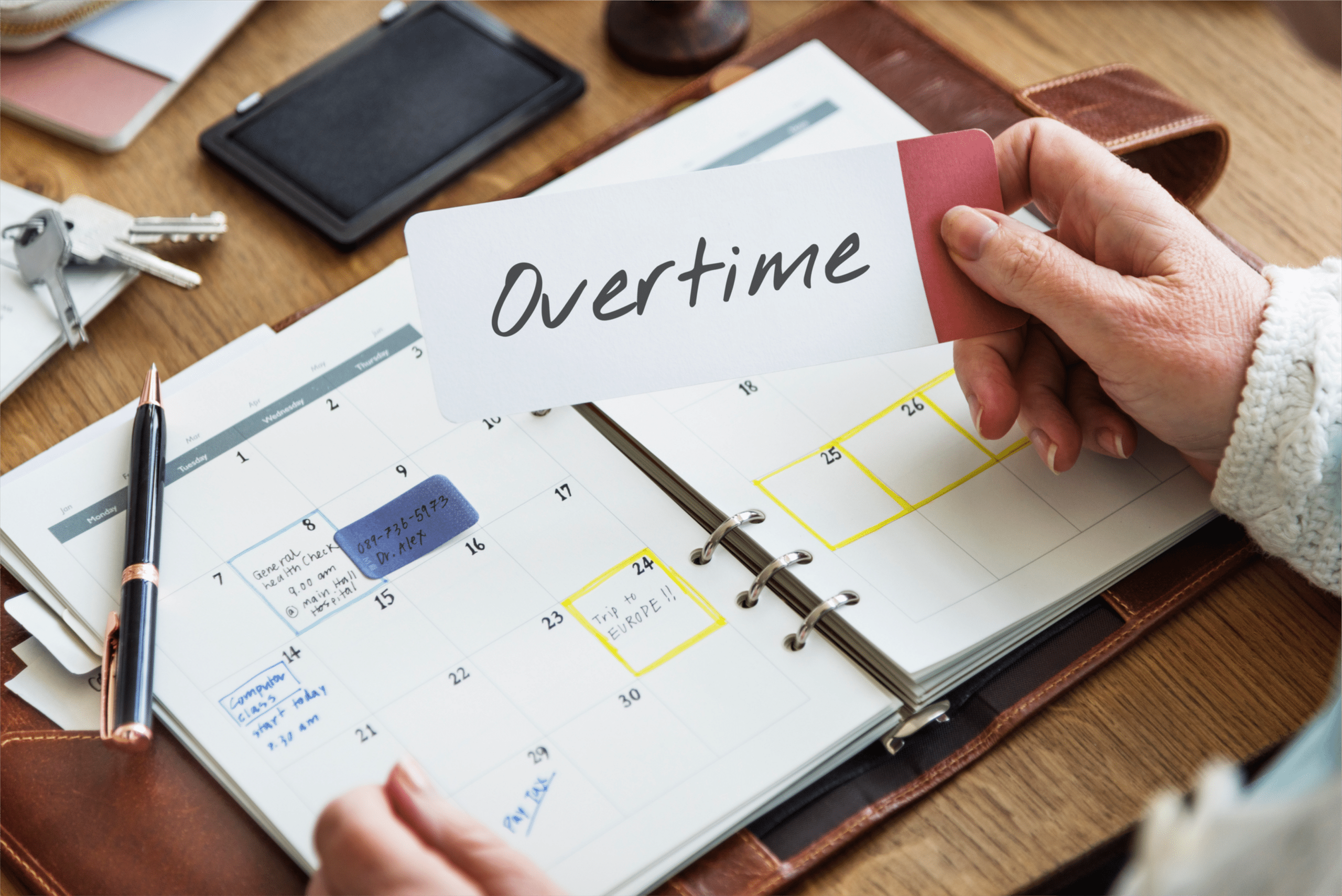Workplace discrimination remains a critical issue, affecting employees across various industries. In British Columbia, the Human Rights Code offers protection against discrimination based on Indigenous identity, race, colour, ancestry, place of origin, political belief, religion, marital status, family status, physical or mental disability, sex, sexual orientation, gender identity or expression, age, and criminal conviction unrelated to employment. If you believe you have been discriminated against at work, taking the proper steps before filing a complaint with the Human Rights Tribunal is crucial. Here’s a guide to help you navigate this challenging process.
1. Understand What Constitutes Discrimination
Discrimination occurs when an employee is treated unfairly or differently based on one or more of the protected characteristics listed above. This treatment must result in a negative impact on the employee, such as denial of a promotion, unjust termination, or creating a hostile work environment. Understanding whether your situation falls under the legal definition of discrimination is the first step in addressing the issue. If you are unsure, Labour Rights Law can provide clarity and help you determine the best course of action.
2. Document the Discriminatory Behaviour
Accurate and thorough documentation is vital. Keep a detailed record of every instance of discriminatory behavior, including dates, times, locations, individuals involved, witness information, and specific comments or actions. This documentation should also include any written communications, such as emails or messages, that support your claim. Most complaint forms will ask you to describe the discriminatory event. When doing so, be sure to link what happened to the prohibited ground of discrimination. Clearly explain how each protected ground applies to you, how you were negatively affected, and how the discriminatory treatment was a result of these protected grounds. Also, make sure to include all relevant details of the 5Ws wherever possible: who, what, when, where, why (and how).
3. Fulfill Your Accommodation Obligations
Determining whether you’ve been discriminated against often hinges on whether your employer has accommodated you to the point of undue hardship, meaning they’ve adjusted workplace rules or standards to prevent negative impacts on you as a member of a protected group (e.g., due to disability or religion). However, accommodation isn’t just the employer’s responsibility—you also have obligations. For instance, if you have a disability, it’s essential to inform your employer about your limitations and provide the necessary medical information for appropriate accommodation. Failure to meet your obligations or expecting perfect rather than reasonable accommodation could jeopardize your complaint. If you’re uncertain about your role in the accommodation process, it’s advisable to consult a human rights lawyer.
4. Prepare for Filing a Complaint
If you decide to file a complaint with the BC Human Rights Tribunal, preparation is key. First, you must determine whether you’re filing with the correct Commission or Tribunal, especially if you work in a federally regulated sector like telecommunications or banking. Next, gather all necessary documentation, understand the timeline for filing (typically within one year of the discriminatory act), and ensure your case is clear and well-articulated. Legal assistance can be invaluable at this stage, and Labour Rights Law is here to help you prepare a strong and persuasive complaint that stands up to scrutiny.
5. Consider Mediation
Early on in the human rights complaint process, you will be asked if you’d like to participate in mediation. The BC Human Rights Tribunal often encourages mediation as a first step in resolving complaints. Mediation is a confidential process where both parties meet with a neutral mediator to try and reach a settlement. The majority of these settlements include a payment to the complainant and the complainant signing a “release” in favour of the employer that removes future liability for them. Mediation can be a faster and less adversarial way to resolve disputes compared to a full hearing. It’s almost always a good idea to offer to participate in mediation. Labour Rights Law can represent you during mediation, ensuring your interests are protected and you achieve the best possible outcome.
Why Legal Help Matters
Navigating the complexities of a discrimination complaint can be daunting, especially when your livelihood and dignity are at stake. Professional legal support can make a crucial difference in the outcome of your case. At Labour Rights Law, we have a deep understanding of employment and human rights law in British Columbia. We are dedicated to advocating for your rights and ensuring that you receive fair treatment and justice. Whether you need advice, representation, or assistance with any aspect of your case, we are here to help. Contact Labour Rights Law today to discuss your situation and learn how we can assist you.




